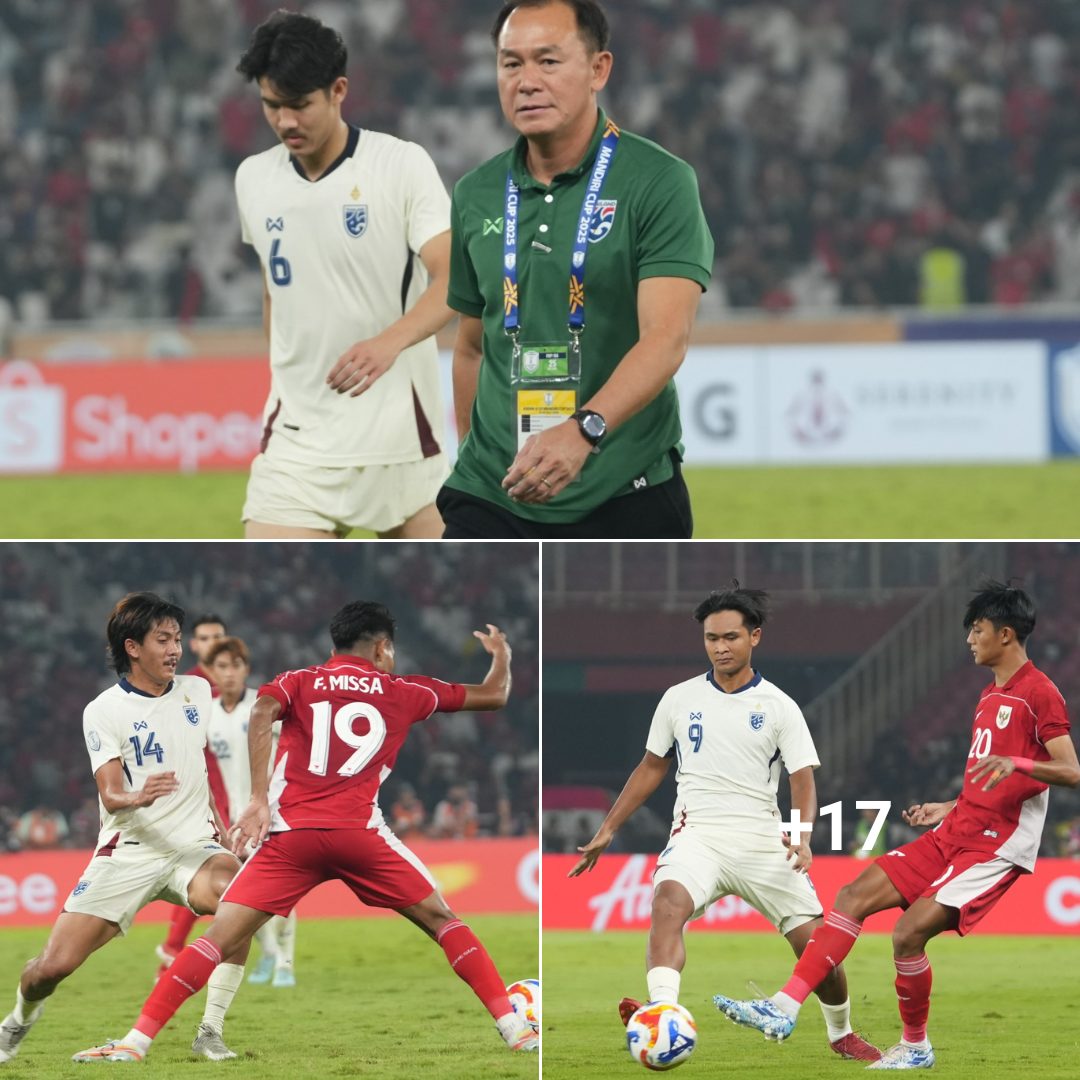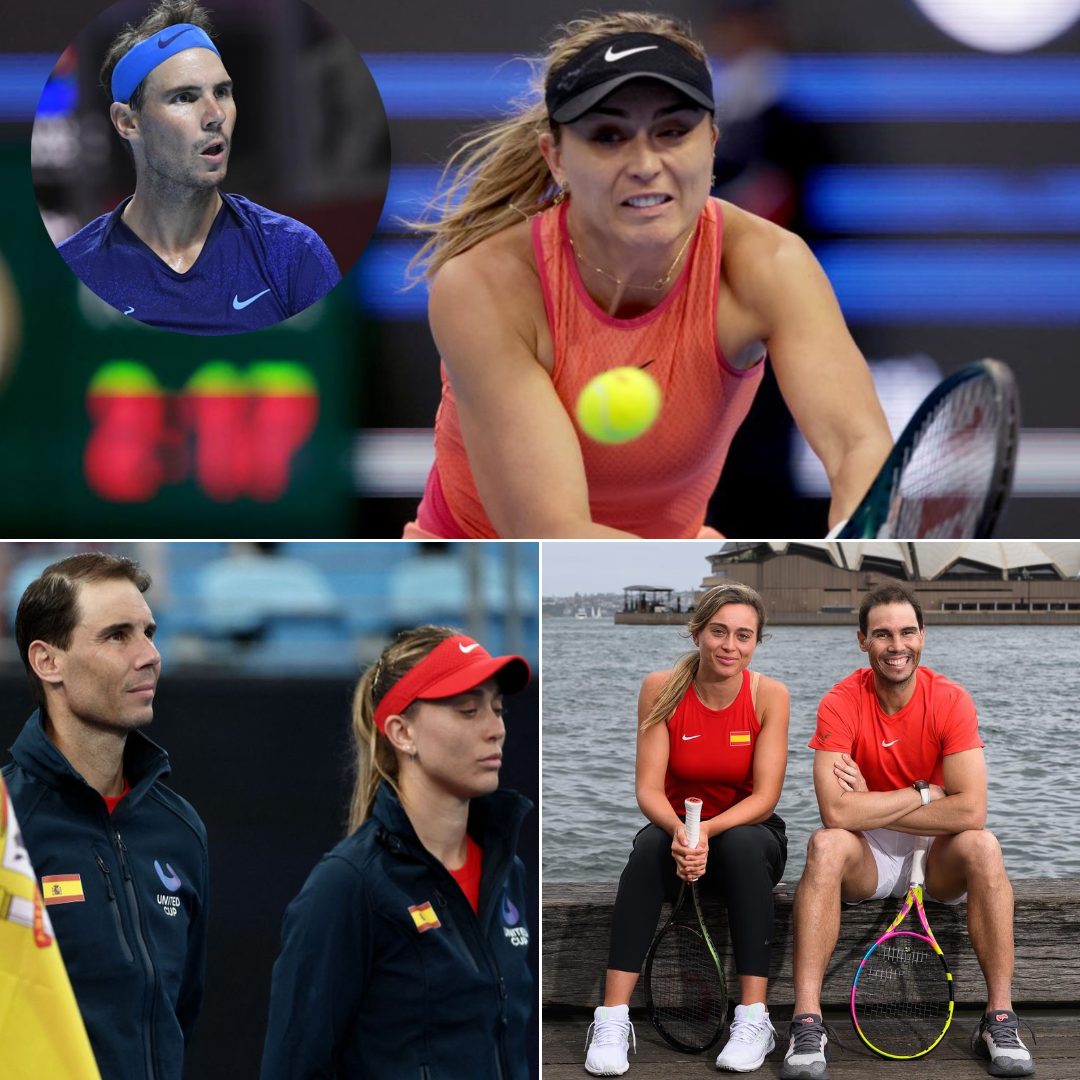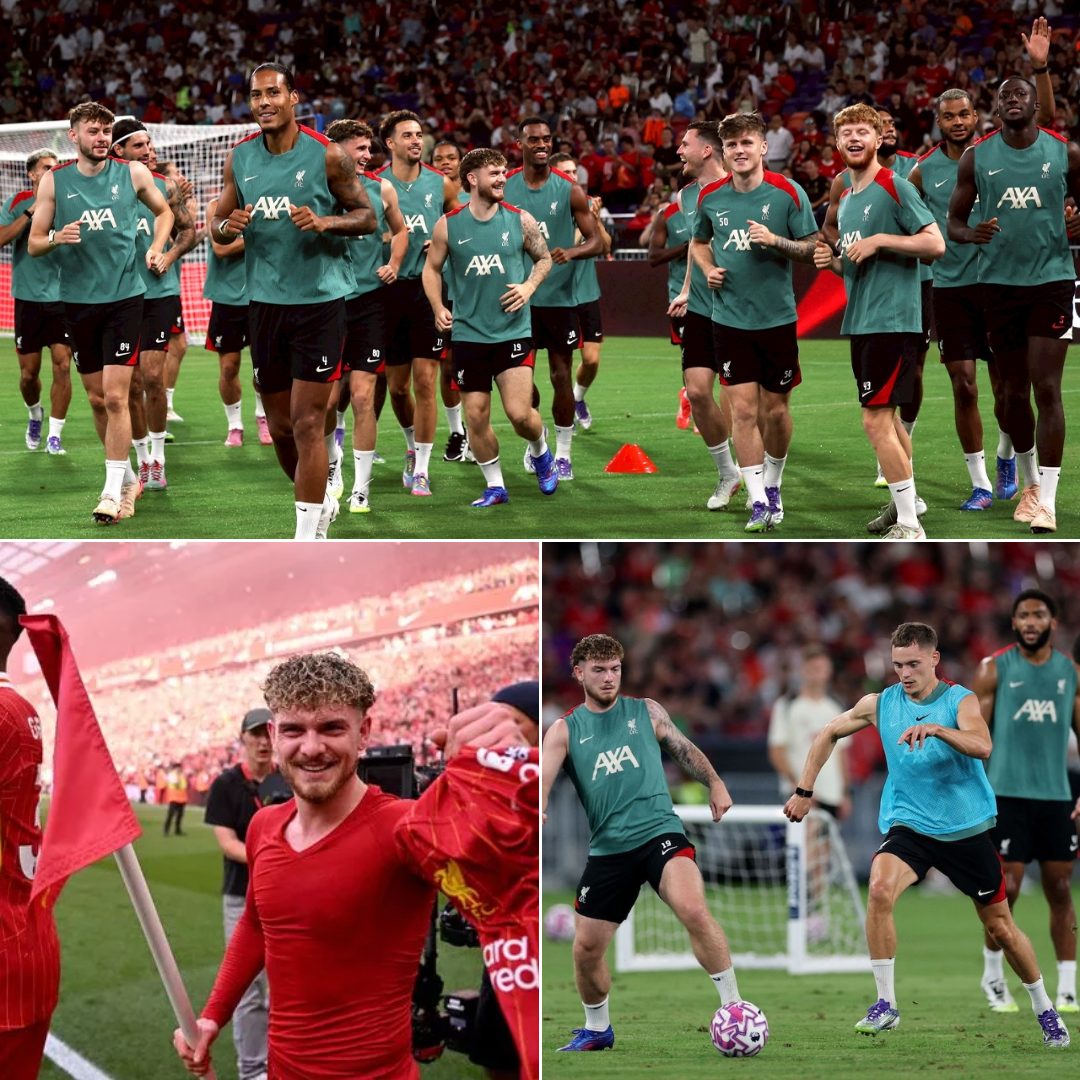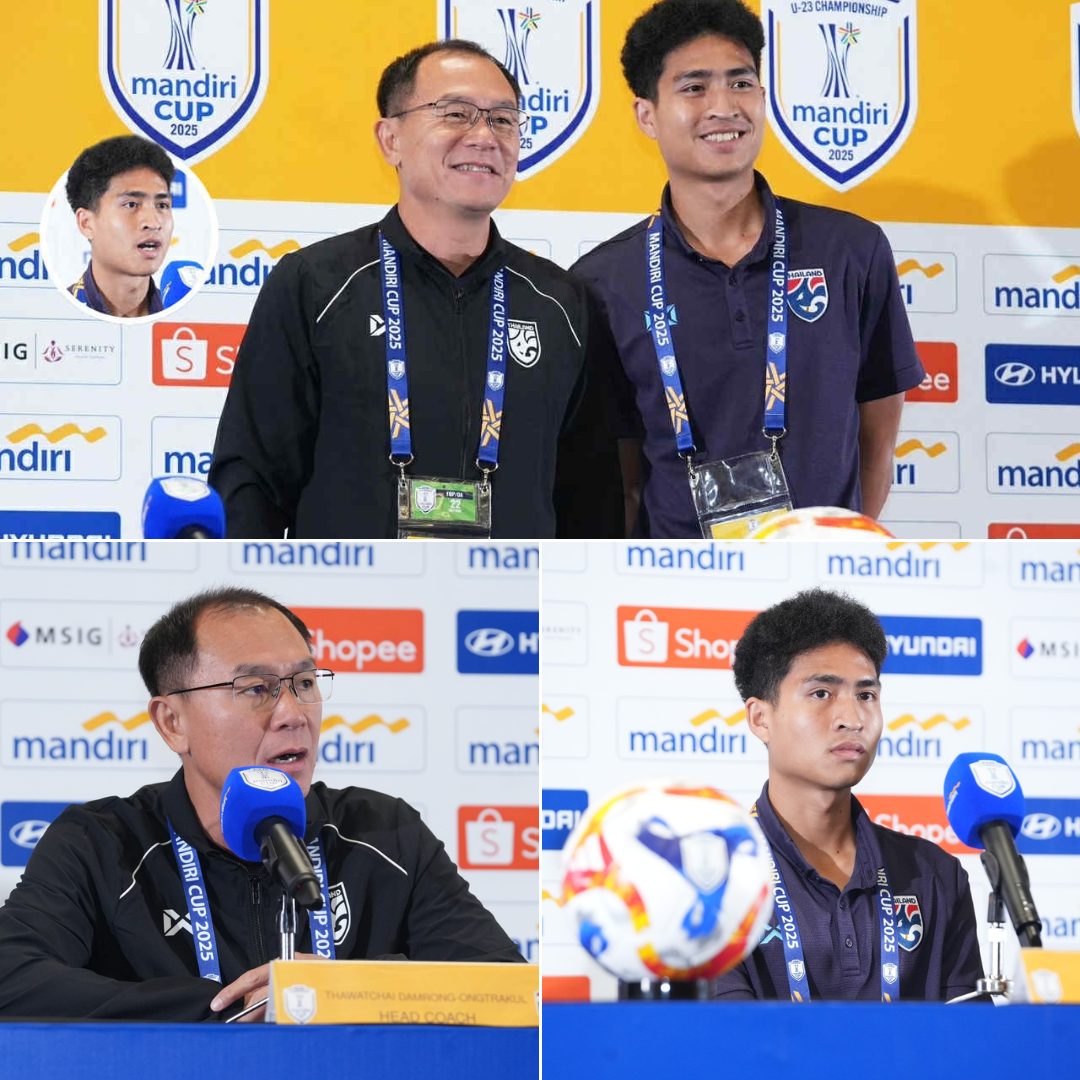In the latest interview, Rafael Nadal says that his successful career and winning 92 titles haven’t changed him as a person and that he gave everything he had.
“I have never felt a very important ego. I have never thought about numbers. I feel satisfaction knowing that I gave everything I could. Coming home from a tournament with the feeling that I hadn’t done everything I could was impossible for me. I’ve always returned with that peace of mind.”

Our champion also spoke about retirement, and the good news is that it hasn’t been bad for him. However, he acknowledged that he has lost competitiveness when playing other sports, such as golf.
“What matters to me is knowing that I’ve surpassed myself. Winning or losing are circumstances that one cannot control. ‘I’ve lost competitiveness, and that annoys me. I go play golf, and I’m not as focused. I don’t understand playing without a goal. I’ve always considered myself a competitor, and fighting… I prefer that over winning easily. When you retire, your body takes a break, but I already feel more centered. Retirement hasn’t been bad for me; I’ve handled it well.’”

Photo: Escuela Universitaria UAX Rafa Nadal
“My uncle Toni coached me since I was three years old, and then other key people joined in. I had proper education and preparation for the future. A family that always treated me like one of their own, without adding pressure. When these moments of pressure come, it’s the previous preparation that helps you tolerate what’s happening. It’s self-control, knowing how to manage emotions.”
In 2005, Rafa was diagnosed with Müller-Weiss Syndrome in his left foot, a condition that caused the rupture of his scaphoid. From there, and as Rafa himself points out, ‘several doctors’ delivered the bad news that he would never play again. However, after several studies, a solution was found: “There was no way out, several doctors told me I wouldn’t play again. I was 19 years old… but in the end, a solution was found. Shifting the support point with a 7-millimeter insole and a special shoe. And it worked… the foot was fixed, but everything else broke down and it disrupted my entire body.”

He revisited some of his most special matches and mentioned the 2008 Wimbledon final, where he dethroned Roger Federer on grass for the first time after a memorable match: “It was one of the most difficult matches to manage in my career because of what it meant at that moment. It was my third Wimbledon final after losing in 2006 and 2007 to him. I was hurt, and beating him gave me an extra boost of confidence, and allowed me to prove to myself that I could win big tournaments outside of clay courts.”
He also wanted to highlight his comeback in the 2022 Australian Open final against Daniil Medvedev. “I thought I was going to lose, but it was very important not to give up. I’ve always been a player with good self-control, I haven’t been a frustrated tennis player on the court, and accepting things allows you to find solutions in the game. For that 4%, it was worth fighting. That’s always been my point of view,’ added the Balearic, winner of 92 titles throughout his sporting career.”
Rafa reflected on the current state of tennis and stated that, “if there is no change in the rules in the future,’ a player over two meters tall with ‘good mobility’ will come along, and you won’t be able to compete against him: ‘Tennis hasn’t changed at all in terms of rules throughout its history. People are getting taller and moving better. The serve has a decisive impact. If that power isn’t limited, someone over two meters tall with good mobility will come along, and you won’t be able to compete against him, you won’t be able to break his serve. That day hasn’t come yet, though. Djokovic reached a final two days ago, I was competing a year and a half ago… it makes me think that the change hasn’t been as drastic yet because we’ve still had the possibility of success.”



